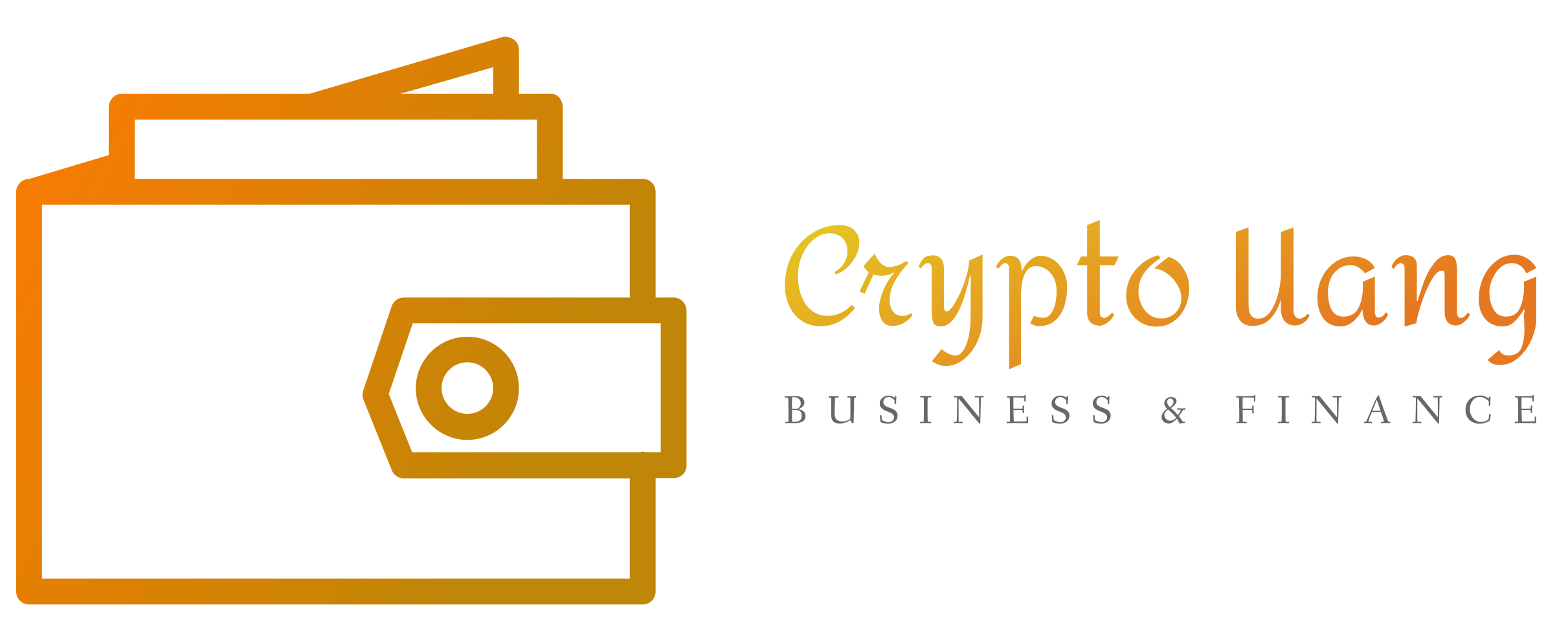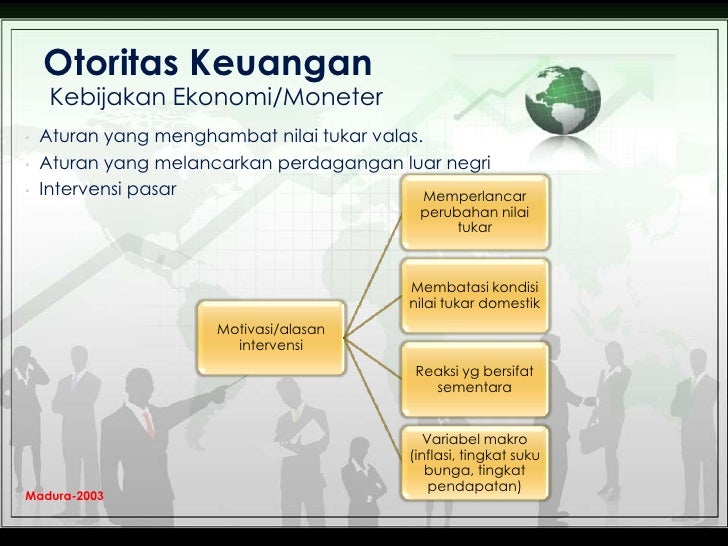

I recently spoke on a YouTube video for SMB Capital regarding the dynamics of trading on tilt. The example I gave in order to place the topic in perspective was that of a surgeon. A surgeon performing a delicate procedure might feel frustration if things aren’t going smoothly, but the surgeon never allows the frustration to take over. (Can you imagine a surgeon on tilt, slashing away with no discipline whatsoever?!) Why is it that the surgeon can maintain perspective and professionalism, but many traders cannot?
Tilt is a function of frustration; when we become frustrated, we’re more likely to act impulsively. This is why some of the most effective techniques for managing our tilt states involve physical control of the body. If the body is calm, the mind finds it easier to maintain perspective and control. As this video suggests, our frustrations typically stem from the need to be right. In that sense, tilt is the natural consequence of our egos getting in the way of our best performance. (See Radical Renewal for a detailed treatment of that topic; most trading psychology challenges are actually spiritual challenges in which we act from ego, not from soul).
The key to understanding tilt is that the needs we bring to our performance ultimately dictate how we will respond to success, failure, and challenge.
What needs does a surgeon bring to treating a patient? The number one need is captured in the physician’s oath to “Above all else, do no harm”. The safety of the patient is always primary. That is a soul-need. It says, “I am a servant entrusted with this person’s body”. It’s not about me, it’s not about how quickly I can do the surgery or how much I’ll make from the procedure. It’s about the sacred responsibility of caring for another person.
The successful trader brings to markets the need to trade well. “Above all else, do no harm” means that our capital is valuable and that we need to manage risk and be able to accept expectable setbacks. The trade is not about me; it’s about identifying opportunity and acting decisively and responsibly to capture that opportunity. If I bring ego needs to trading, every loss and every missed trade can become an ego threat. If I bring my soul’s need for growth and development to trading, I can take pride in my work and stay calm and focused, even when things aren’t going according to expectation.
We can trade well and learn during a drawdown. No one trades well with a wounded ego.
Further Reading:
Techniques for Overcoming Frustration
Facing Our Trading Fears
.



